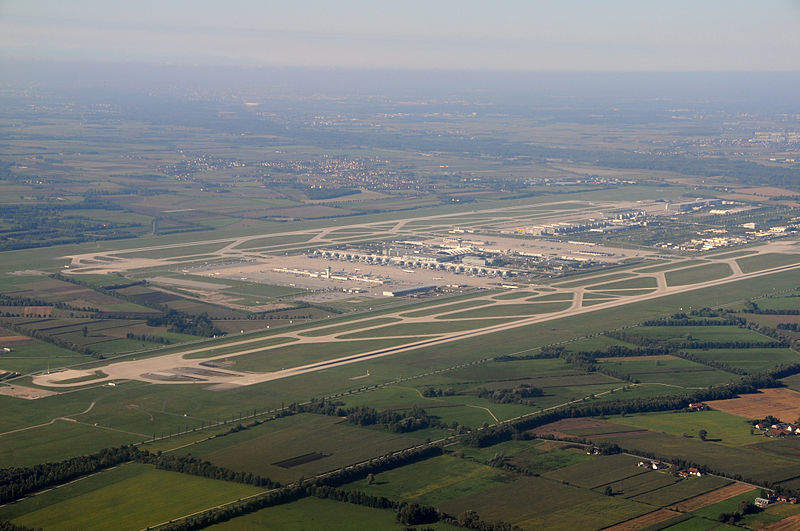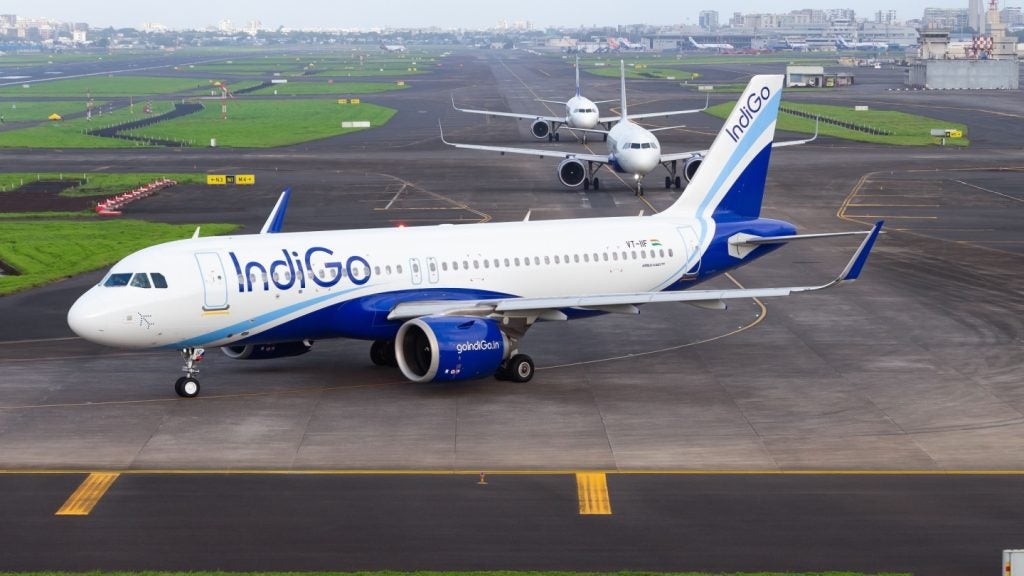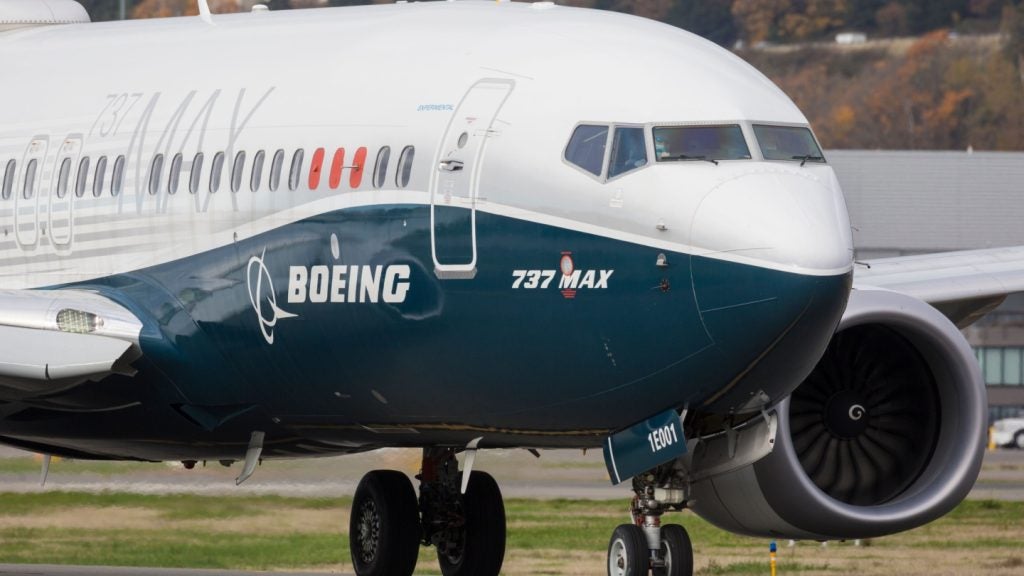

The governing bodies of Germany's Munich Airport have adopted a resolution to become the first airport in the country to attain carbon-neutral operations status.
The resolution states that the carbon emissions resulting directly from airport operations will be cut down by 60% by 2030, while the remaining 40% will take the form of carbon offsets.
Bavarian State Finance, Regional Development and Home Affairs minister and Munich Airport Supervisory Board chairman Dr Markus Söder said: “With this target we are underscoring the enormous importance attached to climate protection by the airport and the Bavarian State Government.
“We're not just talking about it. We're taking action and implementing innovative measures to effectively reduce emissions at the airport.”
Whenever possible, the airport will be generating these carbon offsets through certified projects at the regional level.
See Also:
The total cost of the climate protection programme from now to 2030 is calculated to be $159.26m.
How well do you really know your competitors?
Access the most comprehensive Company Profiles on the market, powered by GlobalData. Save hours of research. Gain competitive edge.

Thank you!
Your download email will arrive shortly
Not ready to buy yet? Download a free sample
We are confident about the unique quality of our Company Profiles. However, we want you to make the most beneficial decision for your business, so we offer a free sample that you can download by submitting the below form
By GlobalDataMunich Airport CEO Dr Michael Kerkloh said: “As Europe's first five-star airport, we also set very high standards for climate protection.
“With our far-reaching climate targets we want to help ensure that the airport's operations and ongoing development are pursued in ways that preserve the opportunities and possibilities of future generations.
“With the goal of achieving carbon-neutral airport operations, we are paving the way to sustainable, resource-conserving air transportation.”
Munich Airport aims to attain carbon neutrality by taking measures in the areas of energy supply, vehicle fleet optimisation, exterior lighting, efficiency improvements in building systems, and additional improvements in electric power use of the baggage transport system.
The improvements will include intelligent control technologies, climate-optimised facades, shifting to LED technology for runway lighting, and enhanced use of renewable energy sources and electro-mobility in Munich Airport's vehicle fleet.
Image: Munich Airport. Photo: courtesy of Citizen59.





